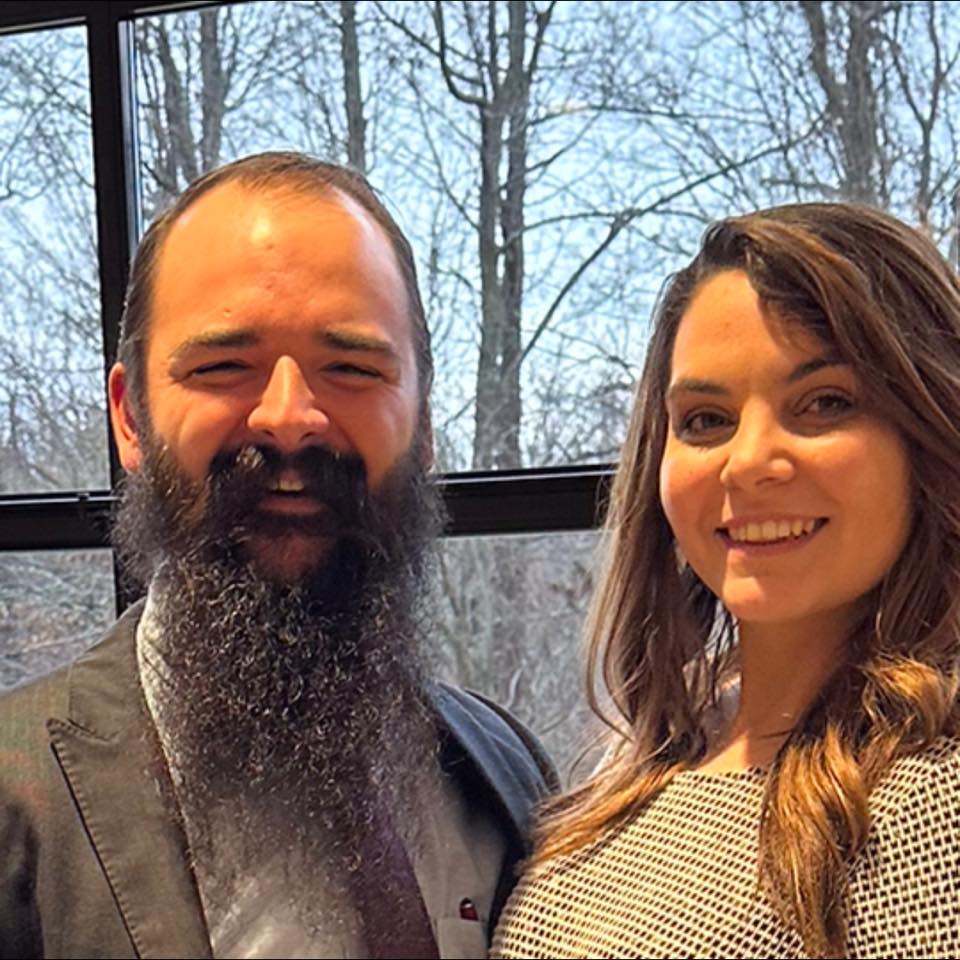In a recent episode of The Simpsons, Bart was driving around a tank with the nozzle pointed at the local cathedral. This naturally alarmed the priest, who exclaimed, “Not the church, Bart! Don’t destroy the church; Jesus lives there!” And while this occurred in a fictional cartoon, this erroneous view of where Jesus dwells is very much a reality. Many people mistakenly believe that brick-and-mortar church buildings are where Jesus lives. But the reality is that believers are the “buildings” where Jesus lives.1
While the Lord certainly communes with His people when they assemble together, He primarily lives and dwells within His people. That is why the apostle Paul said, “Or do you not know that your body is a temple of the Holy Spirit within you, whom you have from God? You are not your own, for you were bought with a price. So glorify God in your body” (1 Cor. 6:19-20). As pastor and author Sam Storms aptly stated, “We, the Church, are the body of Christ and therefore constitute the temple in which God is pleased to dwell. The shekinah of the Lord now abides permanently and powerfully in us through the Holy Spirit.”2
Saints are tents for the presence of the Lord. A believer’s heart is the sanctuary where the Holy Spirit lives (Romans 8:9). Followers of Christ are tabernacles in which the Lord has chosen to dwell (2 Cor. 6:16). As Paul said, “In him you also are being built together into a dwelling place for God by the Spirit” (Eph. 2:22). The church is a spiritual building that God is constructing for Himself: “You yourselves like living stones are being built up as a spiritual house, to be a holy priesthood, to offer spiritual sacrifices acceptable to God through Jesus Christ” (1 Peter 2:5).
Therefore, just like the temple of old, we need to keep ourselves holy and set apart for the Lord. God instructed the Israelites, “If the man who is unclean does not cleanse himself, that person shall be cut off from the midst of the assembly, since he has defiled the sanctuary of the Lord” (Num. 19:20a). We must purge ourselves of all iniquity by the “oil” of God’s grace, and dedicate ourselves wholly unto God’s service (Ex. 40:9). As Paul said, “Do you not know that you are God’s temple and that God’s Spirit dwells in you? If anyone destroys God’s temple, God will destroy him. For God’s temple is holy, and you are that temple” (1 Cor. 3:16-17). Our prayer as believers ought to be something along the lines of Sanctuary, a song written by four-time Grammy winner, Randy Scruggs (August 3, 1953 – April 17, 2018):
“Lord, prepare me to be a sanctuary,
pure and holy, tried and true;
with thanksgiving, I’ll be a living
sanctuary for you.”
- I do not condone watching this show. This brief clip appeared while we were scrolling through the television guide.
- Storms, Sam. Kingdom Come: The Amillennial Alternative (Scotland: Christian Focus Publications, 2012), 18.
Bible Gleanings is a widely-read weekend devotional column, written for the Murray Ledger & Times in Calloway County, Kentucky.

Brandon is the founder and main contributor to Brandon’s Desk, the blog with biblical resources from his ministry. He pastored the family of believers at Locust Grove Baptist Church in Murray, Kentucky for six years. He and his wife Dakota live there with their three dogs, Susie (Jack Russell), Aries (English Shepherd), and Dot (Bluetick Beagle).
For more devotional entries like this, check out Brandon’s latest book, Bible Gleanings Volume II, which features 100 daily devotionals gleaned from God’s word:




